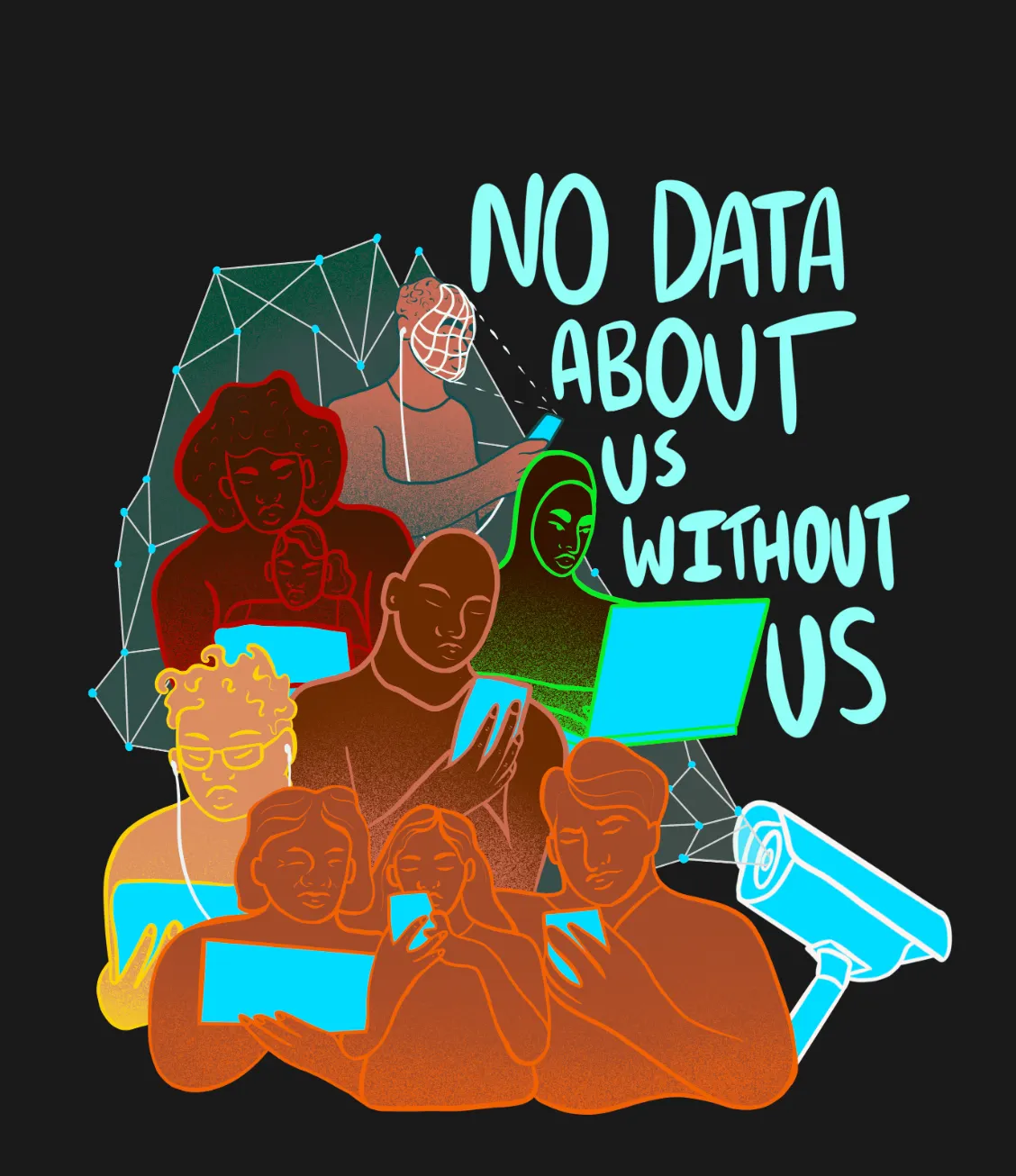Les villes intelligentes et le nouveau contrat social
Le contrat social, au sens large, est un pacte entre les membres individuels d'une société dans le but de promouvoir les intérêts collectifs. Les villes jouent un rôle crucial dans la formation de la communauté en favorisant la sphère publique et les rencontres saines avec les différences.

Photo par Nathan Rogers pour UNSPLASH
En mai 2020, Sidewalk Labs a annoncé la fermeture de son projet phare Quayside à Toronto. Invoquant l'incertitude que le COVID-19 a fait peser sur l'économie mondiale et le marché immobilier de Toronto, le PDG Daniel Doctoroff a écrit qu '"il est devenu trop difficile de rendre le projet de 12 acres financièrement viable sans sacrifier des parties essentielles du plan que nous avions élaboré avec Waterfront Toronto pour construire une communauté véritablement inclusive et durable." Pourtant, même avant la pandémie, la présence de Sidewalk Labs à Toronto était très controversée, des organisations telles que Block Sidewalk ayant émergé pour s'opposer à ce qu'elles considéraient comme un "banc d'essai de surveillance" pour l'industrie technologique. Si ces militants ont considéré le départ de Google comme une victoire (Sidewalk appartient à Alphabet, la société mère de Google), le rêve de Sidewalk se perpétue dans les villes contemporaines du monde entier. Une étude réalisée en 2016 a révélé que 800 projets de villes intelligentes avaient été mis en œuvre dans 54 villes rien qu'aux États-Unis. En 2018, la Corée du Sud a étudié et catégorisé un total de 60 villes de ce type dans le pays. Les titres des journaux proclament que "l'avenir de la ville est intelligent", mais la technologie et l'infrastructure de la ville intelligente ont déjà été construites et se développent à une vitesse stupéfiante. À bien des égards, la ville intelligente est déjà là. Il est donc d'autant plus urgent d'examiner d'un œil critique la manière dont la ville intelligente modifie - et continuera de modifier - le contrat social urbain.
Le contrat social, au sens large, est un pacte entre les membres individuels d'une société dans le but de promouvoir les intérêts collectifs. Dans les sociétés démocratiques, les droits de l'individu sont préservés tout en permettant à une autorité politique de gouverner sur la base du bien commun. Les individus s'engagent à se considérer comme appartenant à une communauté libre d'égaux, où chacun dispose d'une voix égale dans les délibérations politiques et d'un degré égal de responsabilité devant la loi. Comme l'ont noté de nombreux penseurs du XXe siècle, les villes jouent un rôle crucial dans la formation de cette communauté politique en favorisant la sphère publique et les rencontres saines entre les différences. Cependant, les développements actuels des "villes intelligentes" font peser des risques importants sur le contrat social tel que nous le connaissons. De nombreuses nouvelles technologies exacerbent les asymétries d'information et de pouvoir dans la ville, ce qui restreint les libertés individuelles, entrave la construction de la communauté et intensifie les inégalités socio-économiques. Ce faisant, elles menacent la communauté libre d'égaux qui est à la base de la construction d'un contrat social positif.
Prenons par exemple le cas de LinkNYC, un projet de collaboration entre la ville de New York et un consortium d'entreprises privées connu sous le nom de CityBridge, dont Sidewalk Labs. Le projet visait à installer des bornes Wi-Fi en libre accès dans toute la ville, financées par la monétisation des données de leurs utilisateurs. À première vue, il s'agit d'un partenariat public-privé innocent dont le résultat positif est d'élargir l'accès à l'internet. Cependant, cette plus grande accessibilité a un coût élevé pour ceux qui en dépendent.
Au cours de la première phase de mise en œuvre du projet, les données collectées par l'intermédiaire de LinkNYC ont généré des revenus considérables pour les activités publicitaires de Google, mais surtout, elles ont permis d'étendre l'empreinte de Google du monde en ligne au monde physique. L'accès illimité aux données des utilisateurs signifie que Sidewalk "peut en fait cibler les publicités sur les personnes qui se trouvent à proximité et, bien entendu, les suivre au fil du temps grâce à de nombreux éléments différents, tels que les balises et les services de localisation, ainsi que leur activité de navigation. En fait, ce que nous faisons, c'est reproduire l'expérience numérique dans l'espace physique". À la suite de vagues de critiques, LinkNYC ne suit plus les mouvements des utilisateurs et ne monétise plus ces données, mais les préoccupations en matière de protection de la vie privée demeurent. Chaque kiosque est équipé de trois caméras intégrées et l'enregistrement de l'adresse électronique est toujours nécessaire pour accéder à Internet.
Les risques pour la vie privée que présentent ces projets ne sont pas appliqués de manière uniforme à l'ensemble de la population de la ville. Les personnes plus aisées et ayant accès à des ressources sont en mesure d'obtenir des services privés (comme un fournisseur d'accès à Internet privé plutôt qu'un réseau Wi-Fi public, comme dans le cas de LinkNYC), ce qui peut les protéger contre certaines formes de traçage, augmentant encore les asymétries d'information entre les catégories socio-économiques. En conséquence, la communauté libre d'égaux n'est pas libre, communautaire ou égale du tout, et l'intérêt collectif est exproprié par les intérêts d'une élite.
Les partisans et les détracteurs de la ville intelligente avancent souvent l'argument selon lequel la technologie elle-même n'est pas le problème. Ils considèrent les technologies de la ville intelligente comme un outil essentiellement neutre, et les partisans les plus perspicaces préconisent un meilleur accès du public et une plus grande communication afin de conserver la "ville intelligente" tout en supprimant les aspects peu recommandables. Il est certainement vrai que la technologie a facilité de nombreux développements bénéfiques tels qu'un meilleur ciblage de l'aide gouvernementale, l'élargissement de l'accès aux services et l'identification de solutions plus durables aux problèmes urbains.
Cependant, la transparence algorithmique n'est pas suffisante pour résoudre les problèmes de partialité algorithmique. La collecte et la gestion de données à une échelle aussi massive présenteront toujours des risques inhérents. En réponse aux critiques sur les questions de transparence, certains gouvernements municipaux ont adopté des initiatives de "données ouvertes" où toutes les données collectées par la ville sont publiées en ligne dans le but d'encourager la responsabilité gouvernementale et l'innovation civique. Les directives relatives aux informations personnelles identifiables et au secret n'ont pas permis d'empêcher l'identification involontaire de victimes d'agressions sexuelles, de schémas de déplacement individuels et d'affiliations politiques : comme l'ont souligné des spécialistes de l'information tels que Ben Green, il existe "peu d'ensembles clairement définis d'attributs de données qui révèlent ou ne révèlent pas des informations privées". La gestion efficace des données nécessite donc une approche hybride qui ne se concentre pas uniquement sur la conformité légale - nous avons besoin d'un changement fondamental dans la nature de la gouvernance, qui soit plus responsable et plus inclusive.
La ville intelligente est là pour rester. Si je pense que les technologies de la ville intelligente présenteront toujours un certain risque dans leur orientation vers certaines formes de gouvernance non démocratiques, ces risques peuvent être gérés et atténués par le développement d'architectures plus démocratiques autour de cette technologie. Comme l'écrit Ben Green dans The Smart Enough Cityle discours public et les approches politiques doivent considérer les algorithmes "non pas comme des oracles inattaquables, mais comme des intrants socialement construits et faillibles pour les décisions politiques". Ce n'est que lorsque nous serons directement confrontés aux défis de la gouvernance algorithmique que nous pourrons commencer à tracer une meilleure trajectoire pour son développement. Les villes devenant plus intelligentes, notre contrat social doit lui aussi devenir plus intelligent.



